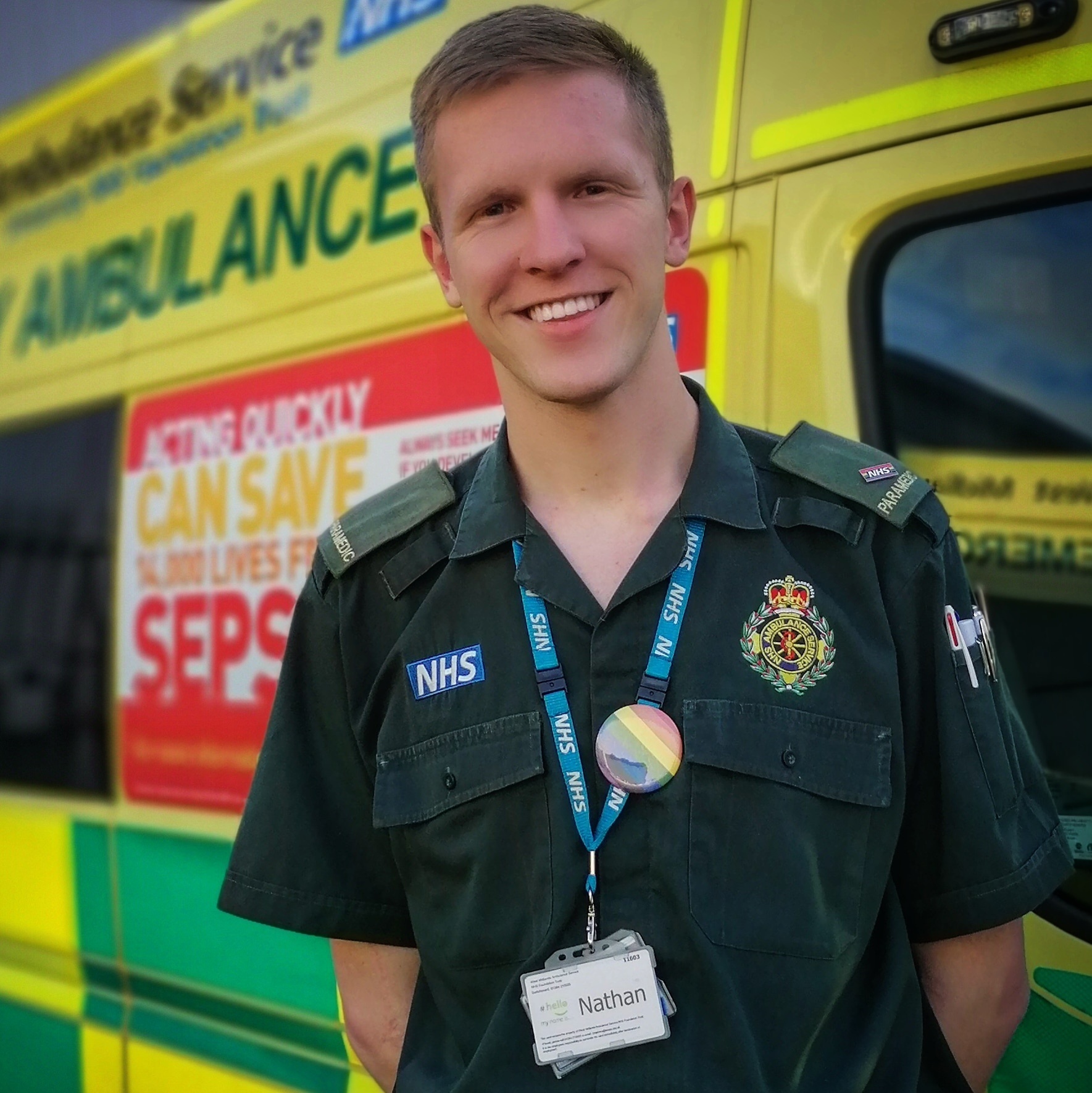
Nathan Hubble
Year of Graduation: 2018 - Course Diploma of Higher Education (DipHE) in Paramedic Science
- Nationality British
- Career industry Healthcare
- Current job title Paramedic
- Current Company West Midlands Ambulance Service University NHS Foundation Trust
Nothing is impossible – the word itself says “I’m possible” because if you want it so much you should do your best to achieve it.


/prod01/wlvacuk/media/departments/digital-content-and-communications/images-18-19/iStock-163641275.jpg)
/prod01/wlvacuk/media/departments/digital-content-and-communications/images-2024/250630-SciFest-1-group-photo-resized-800x450.png)
/prod01/wlvacuk/media/departments/digital-content-and-communications/images-18-19/210818-Iza-and-Mattia-Resized.jpg)
/prod01/wlvacuk/media/departments/digital-content-and-communications/images/Maria-Serria-(teaser-image).jpg)
/prod01/wlvacuk/media/departments/digital-content-and-communications/images-2024/241014-Cyber4ME-Project-Resized.jpg)
/prod01/wlvacuk/media/departments/digital-content-and-communications/images-18-19/210705-bric_LAND_ATTIC_v2_resized.jpg)